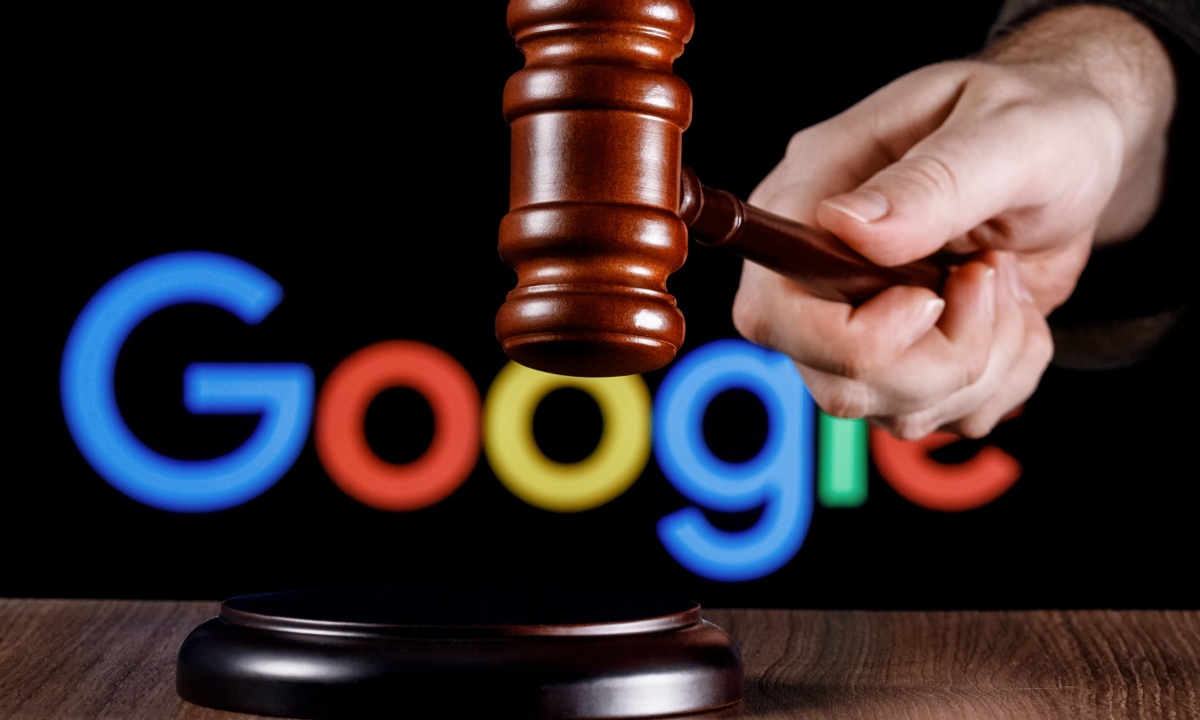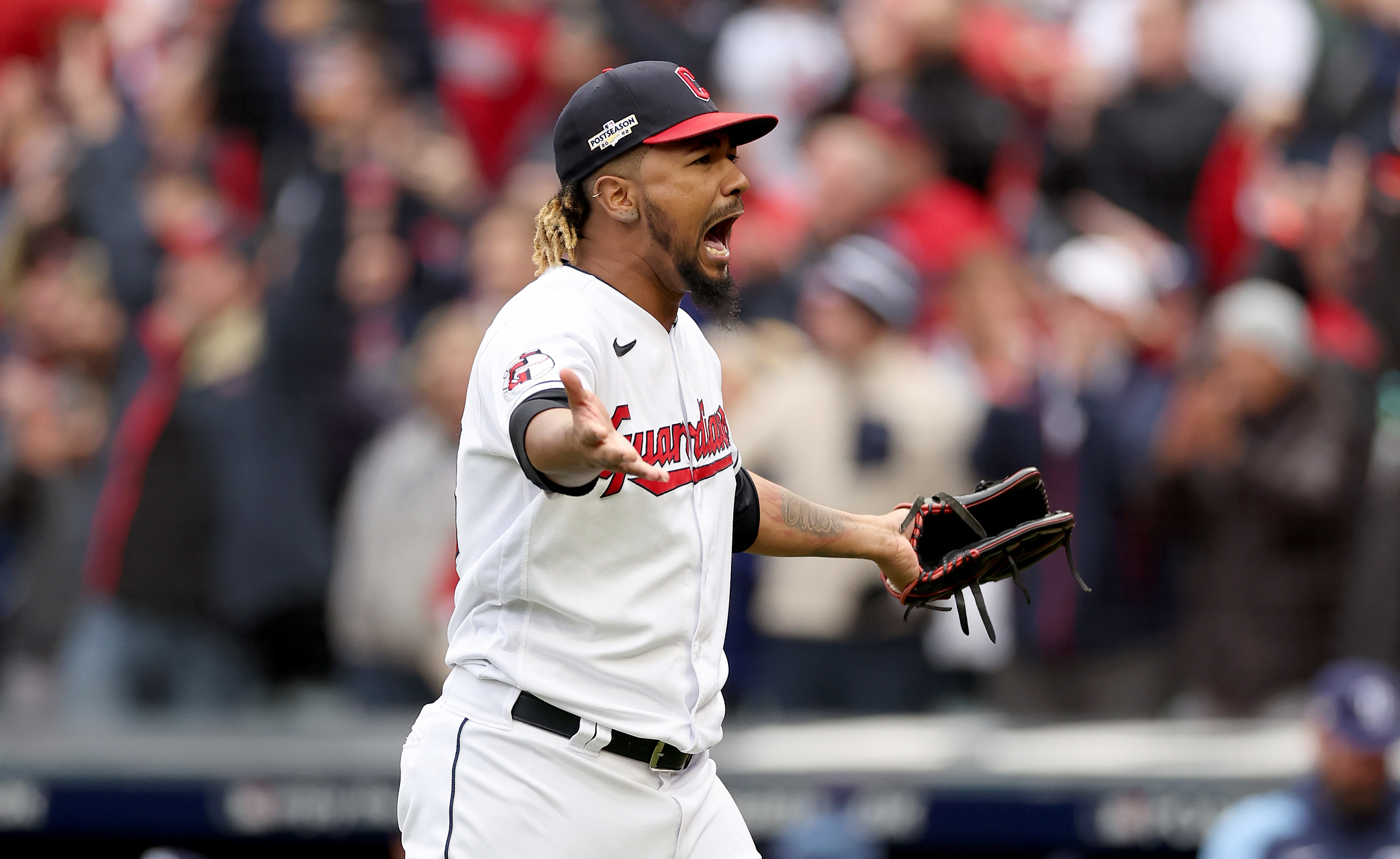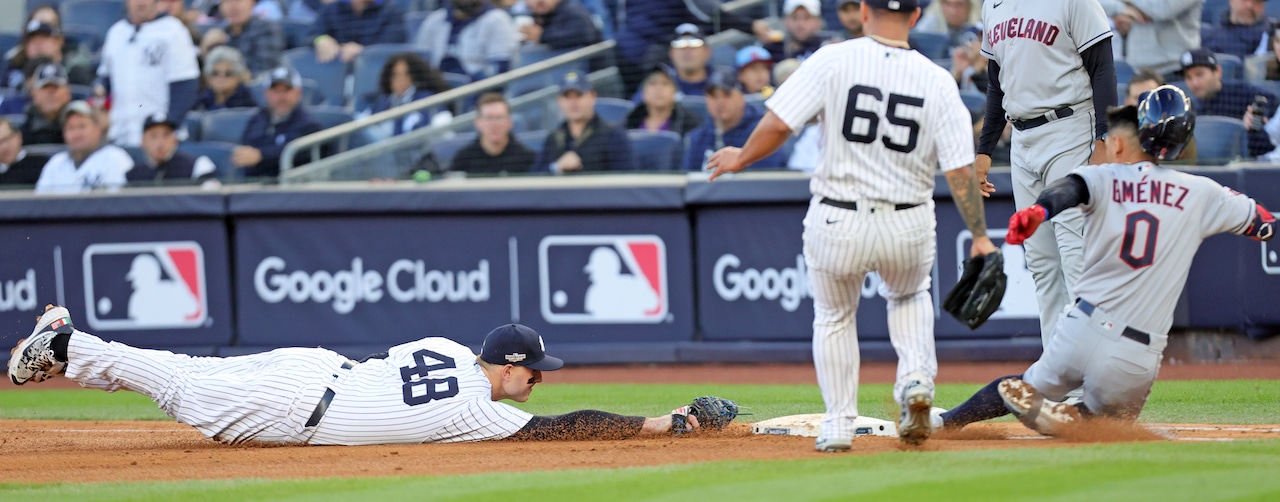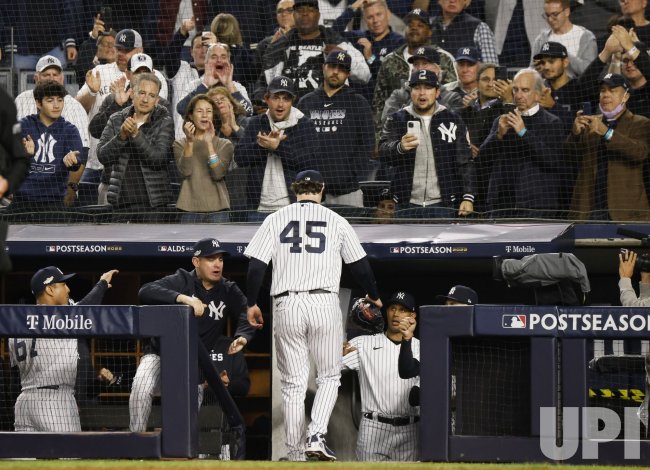FTC's Case Against Meta: Instagram, WhatsApp, And Antitrust Law

Table of Contents
The FTC's Allegations Against Meta's Acquisition of Instagram and WhatsApp
The core of the FTC's case against Meta centers on its acquisitions of Instagram in 2012 and WhatsApp in 2014. The FTC argues these weren't simply shrewd business deals; they were deliberate moves to eliminate potential competitors and solidify Meta's dominance in the social media market.
The Argument of Anti-Competitive Behavior
The FTC claims Meta engaged in anti-competitive behavior by acquiring companies that posed a threat to its existing platforms, Facebook, particularly.
- Eliminating Potential Competitors: Instagram and WhatsApp, at the time of acquisition, were burgeoning social media platforms with the potential to challenge Facebook's market share. The acquisitions, the FTC argues, effectively neutralized these threats.
- Preventing the Emergence of Rivals: By acquiring these rising stars, Meta prevented the development of a robust competitive landscape. The FTC contends this stifled innovation and limited consumer choice.
- Impact on Innovation and Consumer Choice: The lack of substantial competition, the FTC argues, has led to reduced innovation and less choice for users. They contend that a more competitive market would have fostered greater diversity in features, services, and business models within the social media sphere.
The Impact on Market Competition
The impact of Meta's acquisitions on the social media landscape is undeniable.
- Meta's Market Share: Before the acquisitions, Instagram and WhatsApp were significant players, but not dominant. After the acquisitions, Meta's market share increased dramatically, strengthening its already powerful position.
- Effect on Pricing and Service Quality: The FTC argues that the lack of competition has resulted in less pressure on Meta to improve services or lower prices. Consumers, arguably, are not benefiting from a truly competitive market.
- Reduced Innovation: Evidence suggests that innovation in the social media space may have been curbed due to the reduced competitive pressure. Without strong competitors pushing boundaries, Meta may have less incentive to innovate.
Key Legal Arguments in the FTC's Case
The FTC's case against Meta relies heavily on Section 7 of the Clayton Act, a cornerstone of U.S. antitrust law.
Section 7 of the Clayton Act
Section 7 of the Clayton Act prohibits mergers and acquisitions that may substantially lessen competition or tend to create a monopoly.
- Defining Section 7: This section is designed to prevent companies from accumulating market power through acquisitions, preserving a healthy competitive environment.
- Meta's Alleged Violation: The FTC argues that Meta violated Section 7 by acquiring Instagram and WhatsApp, actions that substantially lessened competition within the social media market.
- Relevant Legal Precedents: The FTC will likely cite numerous legal precedents in its case, aiming to demonstrate the anti-competitive nature of Meta’s acquisitions and the applicability of Section 7.
Defining the Relevant Market
Defining the "relevant market" is crucial in antitrust cases. It determines the scope of competition being considered.
- Challenges in Defining the Social Media Market: Defining the relevant market for social media is challenging because the industry constantly evolves, with overlapping services and blurring lines between different platforms.
- The FTC's Argument: The FTC will likely define the relevant market broadly, encompassing various forms of social networking to demonstrate Meta's dominance.
- Competing Viewpoints: Meta's defense likely focuses on a narrower market definition, arguing that competition exists from various other platforms and communication tools.
Potential Outcomes and Implications of the FTC's Case
The FTC's case against Meta could have several outcomes, each with significant implications.
Possible Outcomes of the Lawsuit
Several outcomes are possible:
- Divestiture: The court could order Meta to divest itself of Instagram and/or WhatsApp, forcing the sale of these platforms to independent entities.
- Fines: Meta could face substantial financial penalties for violating antitrust laws.
- Injunctions: The court might issue injunctions prohibiting Meta from engaging in similar acquisitions in the future.
Each outcome will profoundly impact Meta's business model and market position. This case could also set a significant precedent for future tech acquisitions, influencing how regulators approach mergers in the industry.
Implications for Consumers and Innovation
The outcome of the FTC's case against Meta will impact consumers and innovation in the social media industry.
- Consumer Choice and Prices: Divestiture could lead to increased competition, potentially resulting in more choice for users and potentially more competitive pricing.
- Innovation and Competition: Increased competition could spur innovation, leading to new features, improved services, and greater diversity in the social media landscape.
- Long-Term Consequences: The long-term impact will depend on the court's decision and how the industry adapts to the ruling.
Conclusion: The FTC's Case Against Meta: A Turning Point for Antitrust Law?
The FTC's case against Meta highlights the challenges of regulating powerful tech companies and the complexities of antitrust law in the digital age. The arguments center on anti-competitive acquisitions of Instagram and WhatsApp, utilizing Section 7 of the Clayton Act. Potential outcomes range from divestiture to significant fines, each with far-reaching implications for Meta, the tech industry, and consumers. This Meta antitrust lawsuit, involving Instagram and WhatsApp, is a crucial test case that may significantly impact future mergers and acquisitions within the tech sector.
The FTC's case against Meta represents a pivotal moment in antitrust enforcement, potentially reshaping how tech giants are scrutinized and regulated. The outcome will undoubtedly have far-reaching consequences for the social media landscape and the future of digital markets. Stay informed about the ongoing developments in the FTC's case against Meta, following updates and engaging in discussions surrounding the implications of this landmark legal battle. Further reading on antitrust law and its impact on the tech industry is highly recommended.

Featured Posts
-
 Eagles White House Celebration Jalen Hurts Absence And Trumps Tush Push Comment
May 01, 2025
Eagles White House Celebration Jalen Hurts Absence And Trumps Tush Push Comment
May 01, 2025 -
 Two Bartlett Texas Structures Destroyed In Fire Total Loss Amid Red Flag Warning
May 01, 2025
Two Bartlett Texas Structures Destroyed In Fire Total Loss Amid Red Flag Warning
May 01, 2025 -
 Qlq Alnsr Bsbb Arqam Jwanka Hl Hy Mwshr Khtyr
May 01, 2025
Qlq Alnsr Bsbb Arqam Jwanka Hl Hy Mwshr Khtyr
May 01, 2025 -
 Chat Gpt Vs Google Shopping How Open Ais Ai Is Disrupting E Commerce
May 01, 2025
Chat Gpt Vs Google Shopping How Open Ais Ai Is Disrupting E Commerce
May 01, 2025 -
 Overvolle Tbs Klinieken De Gevolgen Van Jarenlange Wachtlijsten
May 01, 2025
Overvolle Tbs Klinieken De Gevolgen Van Jarenlange Wachtlijsten
May 01, 2025
Latest Posts
-
 Cleveland Guardians Playoff Success A Deep Dive Into The Yankees Series
May 01, 2025
Cleveland Guardians Playoff Success A Deep Dive Into The Yankees Series
May 01, 2025 -
 Yankees Rodon Fuels Victory In Series Finale Against Cleveland Guardians
May 01, 2025
Yankees Rodon Fuels Victory In Series Finale Against Cleveland Guardians
May 01, 2025 -
 Goldschmidt And Judge Deliver In Yankees Crucial Series Victory
May 01, 2025
Goldschmidt And Judge Deliver In Yankees Crucial Series Victory
May 01, 2025 -
 Clevelands Alds Triumph Insights From The Guardians Yankees Series
May 01, 2025
Clevelands Alds Triumph Insights From The Guardians Yankees Series
May 01, 2025 -
 Series Clinching Win For Yankees Judge And Goldschmidts Crucial Roles
May 01, 2025
Series Clinching Win For Yankees Judge And Goldschmidts Crucial Roles
May 01, 2025
